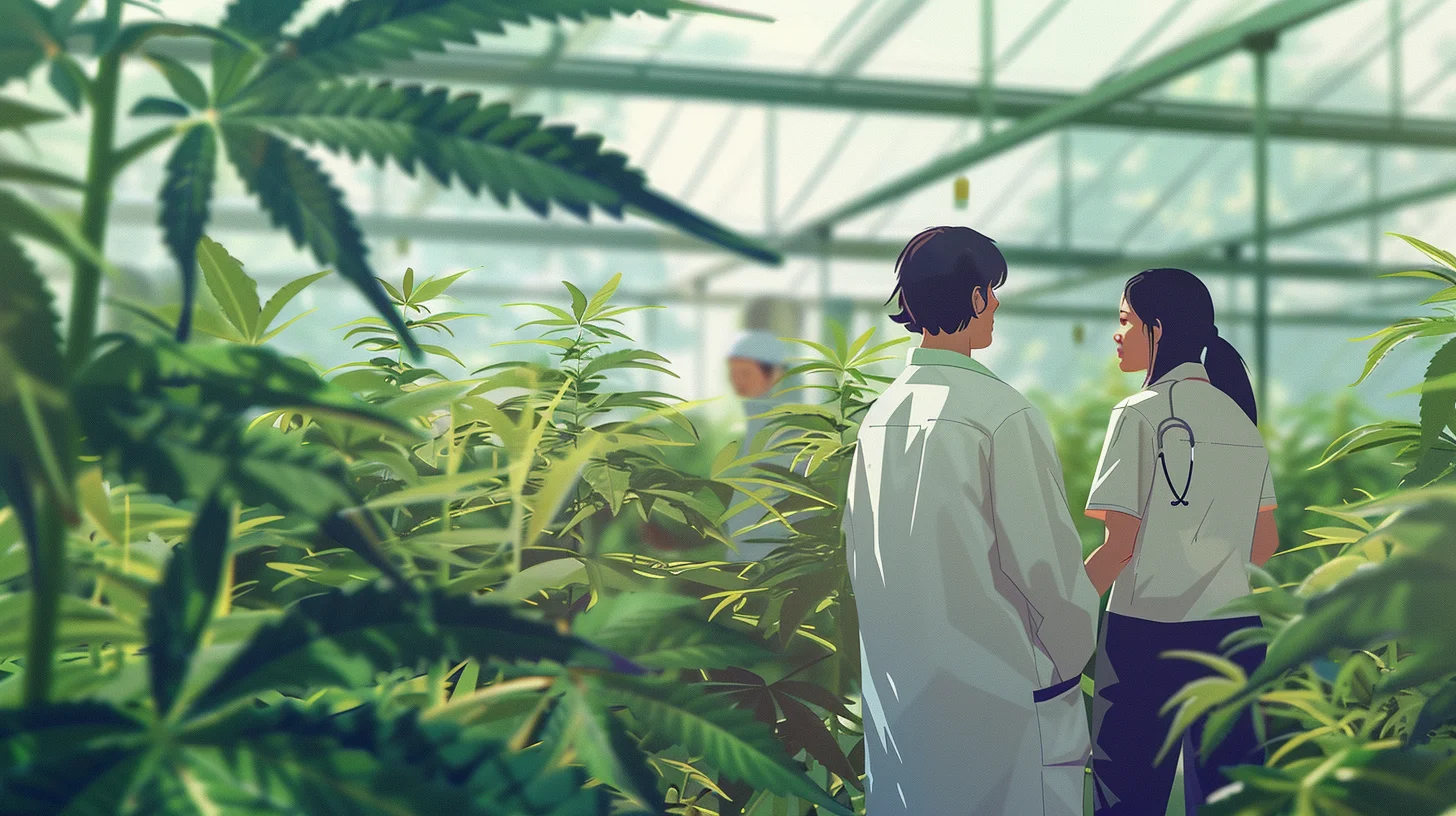- Why It Matters: Thailand’s early steps in legalizing medical cannabis marked a significant shift towards embracing alternative treatments, offering hope to patients with conditions like pediatric epilepsy, cancer, and chronic pain.
- The Big Picture: Despite the pioneering move to deregulate cannabis for medical use, Thailand faces challenges in cultivation, production standards, and maintaining the balance between medical use and preventing misuse.
- Zoom In: The seminar highlighted the importance of developing high-CBD strains and extraction methods to ensure the safety and efficacy of medical cannabis products, emphasizing the need for a medical-grade, standard-driven approach.
BANGKOK, THAILAND – Thailand’s medical cannabis landscape has been a journey of innovation and learning since the historic deregulation in 2019. A recent seminar hosted by the Pharmaceutical Organization (GPO) delved into the evolution of medical cannabis, underscoring the significant progress made and the challenges that lie ahead in maximizing its therapeutic potential.
Since the first legal cultivation in 2019, efforts have been focused on developing high-quality, safe medical cannabis products. The GPO provided an overview of the current product range, including cannabis oils designed for palliative care in cancer patients, treatment-resistant epilepsy, and muscle spasticity in multiple sclerosis, showcasing the diverse medical applications of cannabis.
However, the seminar also highlighted the hurdles faced in ensuring product safety and efficacy. Experts emphasized the importance of advanced cultivation and extraction methods to produce high-CBD strains, crucial for treating various medical conditions while minimizing THC content to prevent misuse.
DR. NANTHAKAN SUWANPITAKKUL, Deputy Director of the GPO, stressed the success of medical cannabis in treating difficult cases of pediatric epilepsy, marking a beacon of hope for patients and their families. Yet, she also pointed out the need for continuous education and research to explore the full potential of cannabis-based treatments.
The seminar underscored the collaborative efforts required from various sectors, including agriculture, pharmaceuticals, and healthcare, to develop a robust medical cannabis ecosystem in Thailand. It calls for a balance between embracing the medical benefits of cannabis and safeguarding against recreational abuse, ensuring that the focus remains on patient care and scientific evidence.
As Thailand navigates the complexities of integrating medical cannabis into mainstream healthcare, the journey is marked by both achievements and learning curves. The country stands at the forefront of a global shift towards natural and alternative therapies, with medical cannabis playing a pivotal role in shaping the future of medicine.
Contributing Sources: Isranews
